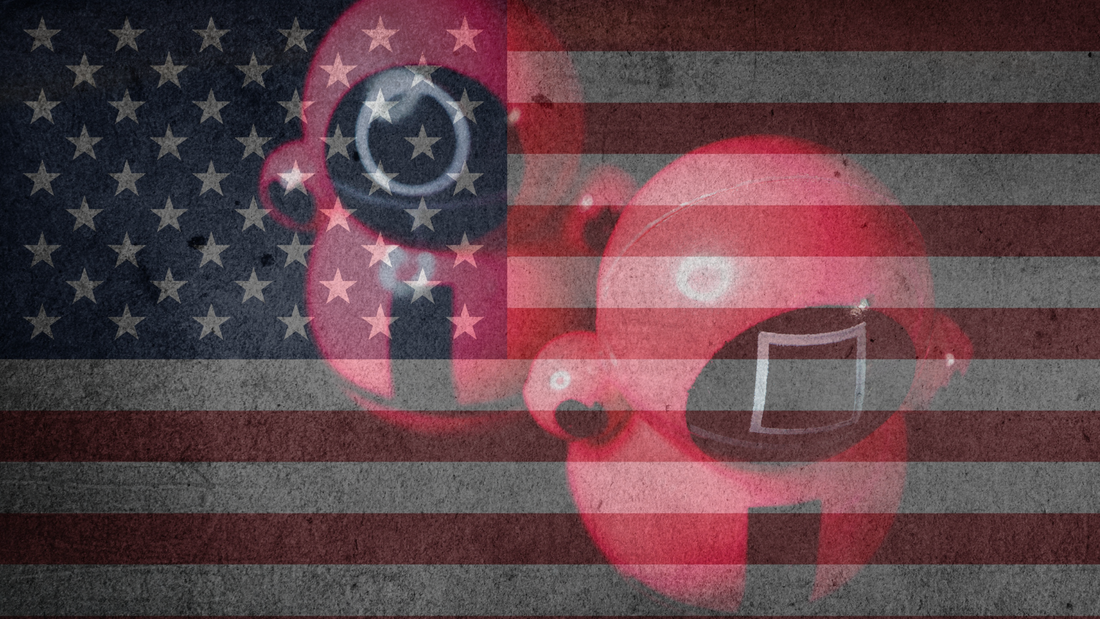|
The Project for Privacy and Surveillance Accountability today released a response from the Office of the Director of National Intelligence to our Freedom of Information Act (FOIA) request seeking agency records regarding its treatment of classified documents.
Our request, filed in September 2020, seeks agency records concerning Executive Order 13526, which includes provisions for classifying, managing, and declassifying documents. We recently received a response that included an internal memo to the ODNI’s Inspector General requesting an investigation for… something. Almost all the rest of the document is blacked out. Under a section of the memo entitled “Summary,” we get redaction in the form of a sea of black. Under “Background,” we get only more sea of black. Under “Compartmentalization,” we get some sea of black, but can tell that the issue has something to do with Controlled Access Programs, an intelligence community way of boxing off need-to-know information regarding sources, methods, and activities. Under “Embarrassment,” we find that the offending program “might violate rules that prevent classification meant to avoid embarrassment because it targets exactly those areas where intelligence runs counter to policy.” Or it might not. Under “Possible Problems with the Execution,” we are told “the program might violate regulations or constitute mismanagement.” Then another sea of black. Under “Oversight,” we are told that “ODNI’s narrow communication might violate laws and regulations requiring Congressional oversight of intelligence activities.” The program’s “broad scope and major impact on a leading national security concern suggests it meets the threshold for notification,” presumably to Congress. So, to sum it up, something someone did in the intelligence community went off the rails. It might have been classified to prevent embarrassment. It might violate regulations or constitute mismanagement serious enough to merit investigation by the ODNI Inspector General. It has a broad scope and major impact on a national security concern, details of which are hidden by a government as ready as a squid to squirt black ink. The government’s response brings to mind the title of Joseph Heller’s second novel, Something Happened. For certain, we can now say for our legal efforts that something happened in our government, and it wasn’t good. The lesson here is that it defeats the purpose of the Freedom of Information Act when agencies pretend that a heavily redacted document constitutes a response. More to the point, when many Members of Congress seek information from the agencies, they often are confronted with similar obfuscation tactics. Or, as one character says to another in Squid Game, “you won’t get caught if you hide behind someone.” Comments are closed.
|
Categories
All
|


 RSS Feed
RSS Feed